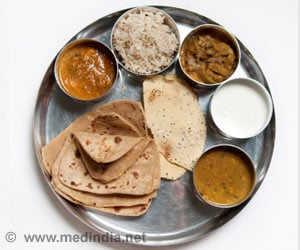Union Health Minister said that family planning in India would be achieved by measures such as increasing awareness about the same rather than the use of force
Union Health Minister said that family planning in India would be achieved by measures such as increasing awareness about the same rather than the use of force. The strategy is termed as "population stabilization".
He expressed that the program would turn out to be effective only if people came forward through a voluntary procedure. He also referred to the "The National Population Policy of 2000” that clearly states that there won't be any coercion on the size of the family. The Minister is totally against the mandatory ‘one child per couple’ norm currently practiced in China and hopes to achieve population stability through reducing infant mortality and maternity mortality.Massive immunization programs and a new innovative plan called ASHA have been launched recently. He said the government would train around 2.5 lakh 'Accredited Social Health Activists' (ASHA) in all villages to work with rural women and act as a link among beneficiary at village level and Anganwadi Worker.
The participants of the program would assess various factors such as anti-natal care, institutional delivery, post-natal care and counselling on nutrition and family planning services.
The health Minister had met Chinese Health Minister Qiang and the Minister for National Population and Family Planning Commission Zhang Weiquing and other senior officials and held wide ranging discussions regarding the issue. Amongst the other topics discussed were the possibility of collaboration between India and China in the traditional medicine systems.
Four medicinal plant processing zones are expected to be set up soon, one each in North, South, East and West. The Government is also willing to offer money, training and technology and also buy back 100 per cent of the produce of farmers who plant medicinal plants in such zones.
He also expressed keen interest in establishing a link between India and China in the traditional medicine sector, particularly in testing and scientific validation of traditional medicines. The National Medicinal Plants Board of India and China have already agreed to share its experience in registering intellectual property rights on traditional medicines.
Advertisement





